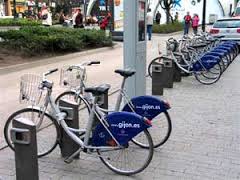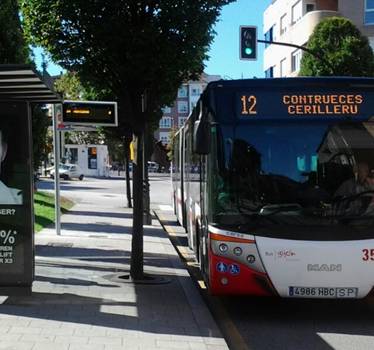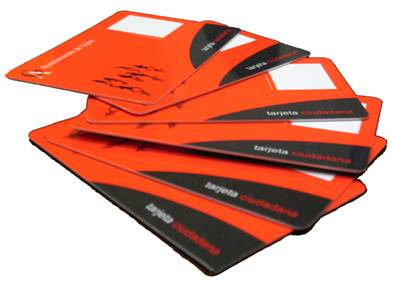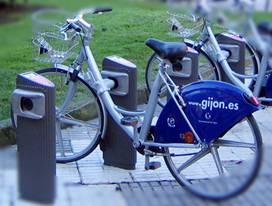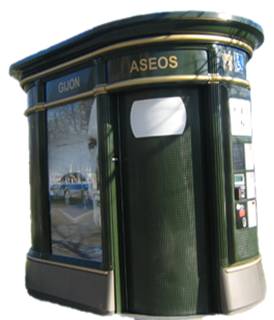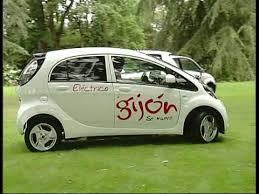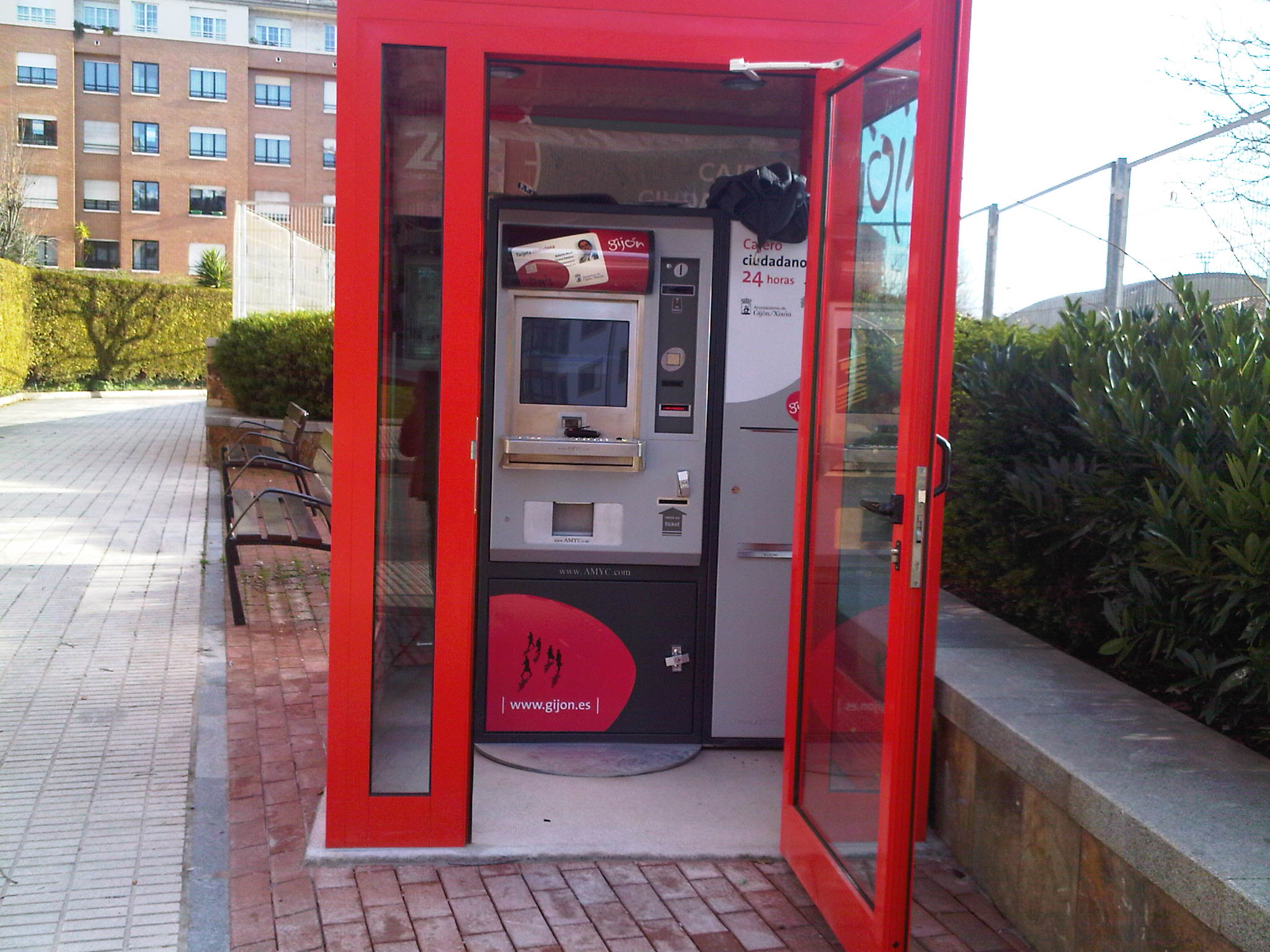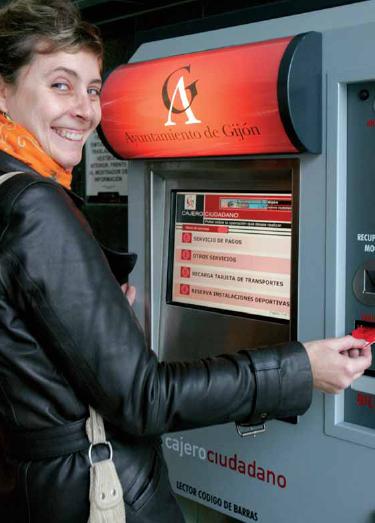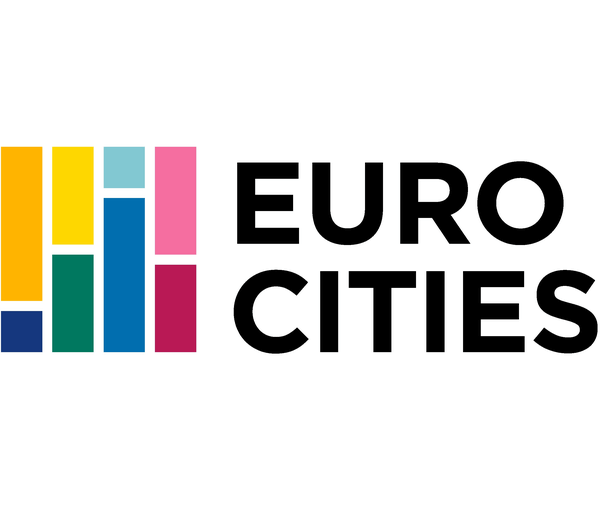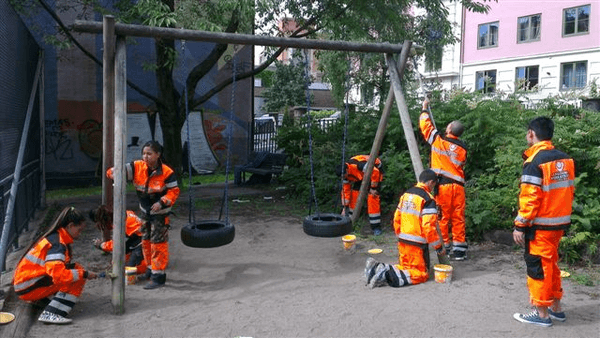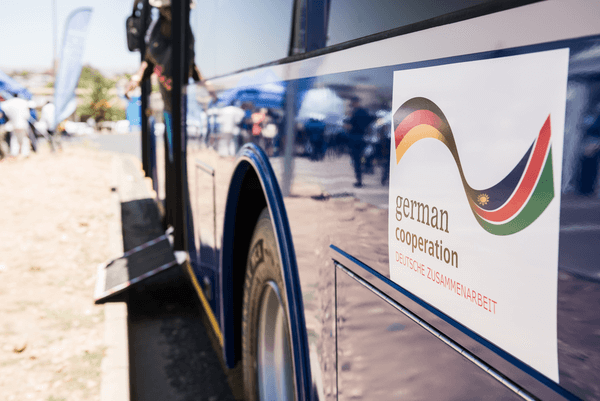City
Gijon
Main actors
City Government, Community / Citizen Group
Project area
Whole City/Administrative Region
Duration
Ongoing since 2002
A single card, Gijon’s Citizen Card, allows Gijon's citizens to pay their bus fare, hire a bike and take out a library book. Today, 250,000 of Gijon’s citizens – 80% of the city’s population - carry this card, unlocking services and facilities across the city.
Gijon’s Citizen Card is an access and payment card for a wide range of services across the city. Developed in 2002, the scope of the card has continued to grow and it now provides cardholders with access to anything from electric vehicle sharing and public toilets to libraries and sports facilities. Today, 80% of Gijon’s population holds a Citizen Card. The city has benefited from user data to identify patterns and changes in citizens’ behaviour, allowing it to develop public policies that more closely meet the needs of its citizens. The card continues to be an important factor for Gijon’s quality of life. It makes choosing healthier, greener options easier, such as hiring bicycles and using municipal sports facilities, and offers a ‘social bonus’ giving access to sports facilities to those who otherwise might not be able to.
Originally published by EUROCITIES, the network of 130 European cities - PDF: http://nws.eurocities.eu/MediaShell/media/Citiesinaction_CitizenCard_Gijon.pdf
Eurocities Awards
This project was awarded the 'Eurocities Awards' in 2013 in the following category: Smart governance.
On Map
The Map will be displayed after accepting cookie policy
